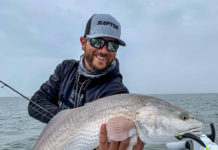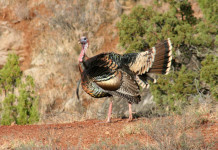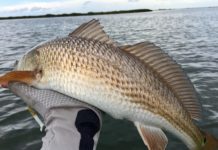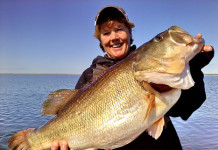This weekend and throughout this fall and winter, hundreds of thousands of Texans will head outdoors as duck, deer, goose and quail seasons are in full swing from Stratford to San Antonio.
None of them has a constitutional right to do so. And they don’t need one.
Nowhere in the U.S. Constitution does it articulate that you or I have a “right” to hunt any game animal nor does it say that fish and wildlife “belong” to us, but some states have taken it upon themselves to address the issue in their own constitutions. The overriding sentiment from legislation authors and those who have lobbied for the measures that already have or are attempting to sneak hunting and fishing protections into state constitutions is that the dwindling pursuits are under attack from interest groups and lawmakers with enough clout to somehow severely restrict or – gasp! – outlaw them.
Nothing could be farther from the truth.
There are states where the animal-rights credo has gained traction and is taken somewhat seriously by lawmakers, and where hunters have reason to worry, at least a little. However, I think most Texans certainly aren’t shaking in their boots about whether their kids’ kids will be allowed the same freedoms that fall squarely under “the pursuit of happiness” and have remained legal here and elsewhere as long as there has been game to pursue.
Generally, the hunting and fishing measures that manage to make it through the legislative process are aimed at expanding our opportunities – or at least making it easier to partake in what we’ve got – and most if not all are adopted only after those who enjoy outdoor pursuits either have sought the alterations or have been given plenty of occasion to let their remarks be known.
The Texas Parks & Wildlife Department already handles the duties of conducting scientific-based research to make wildlife management and conservation recommendations whenever there is a need to consider new approaches to laws, bag limits, seasons and more. If the data calls for any kind of modification to frameworks in place, the issue runs up the chain of command, not only to gauge the enforceability of revisions, but also to keep tabs on what independent outside stakeholders have to say about how changes would affect their interests.
Those are the guys and gals writing the big checks that help many of our politicians keep their offices. They bank on the status quo, and for the most part, what’s good for them is good for you and me when it comes to our outdoor pursuits.
That will never change.
After all this, our wildlife management agency gathers public input from across the state – made easier since recommendations are accepted online – and then weighs the biological and future impacts of any changes. It then presents the issues to our state game commission, an independent nine-member panel appointed by the governor with Senate consent. There is even another public discourse period after all of this before the commission actually makes final regulation changes.
There are no knee-jerk reactions. There are no surprises.
The basis for Texas’ wildlife laws and those of other states can trace their deep roots back to ancient Roman law, including the ideas that wild animals neither belong to nor are owned by anyone and that landowners have the right to exclude hunters or anglers from their private property. Roman leaders also had the power over harvests, essentially the ability to set seasons and bag limits, and once any game was harvested it was made clear that any bird, fish or animal then belonged to the person who captured, killed or caught it.
There’s too much invested in hunting and fishing on a national level to worry that someday you and I will wake up and find these freedoms stripped away. Case in point: The last viable figures collected by the U.S. Fish and Wildlife Service in 2011 showed that hunting and fishing expenditures contributed almost $89 billion to our national economy, and you’re still talking big bucks in this day and age that ultimately end up going back into conservation efforts and state wildlife agency budgets.
Similar protection debates in Texas ended up in the form of a House joint resolution back in 2001 that quickly died, probably because most legislators recognized that hunting and fishing pursuits simply need no further legal protections.
That’s what I would like to think.
I also would like to think that the average voter and policymaker realizes the obvious: Adding hunting and fishing protections to constitutions doesn’t change anything about the freedoms we currently enjoy, which no one seriously disputes. So why add clutter to an already bogged-down litany of amendments, which would open the door to a variety of lawsuits that ultimately could lead to changes?
Do you really think judges and lawyers have your best interest at heart?
Sounds risky. The kind we don’t need to take.




















